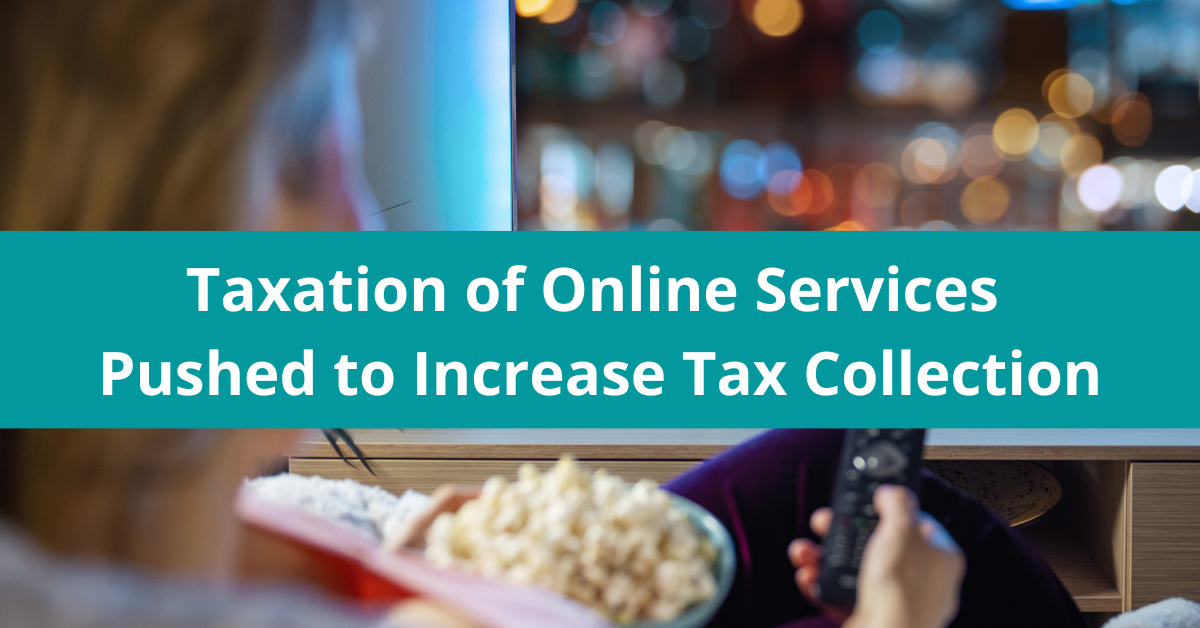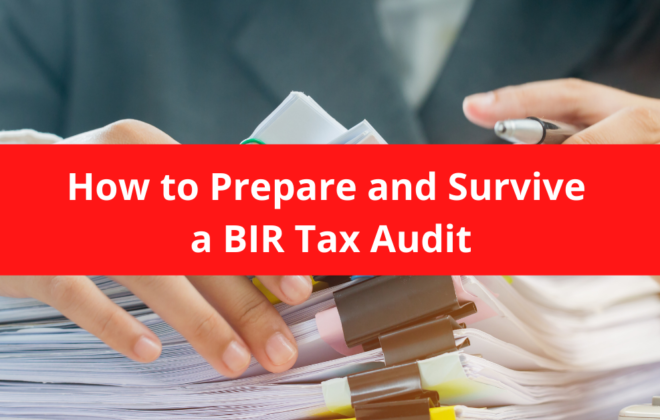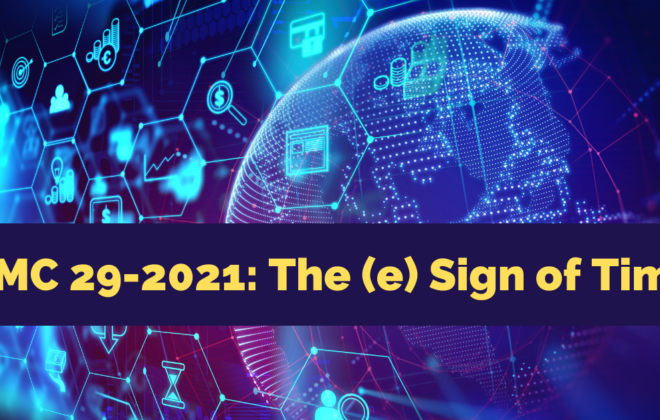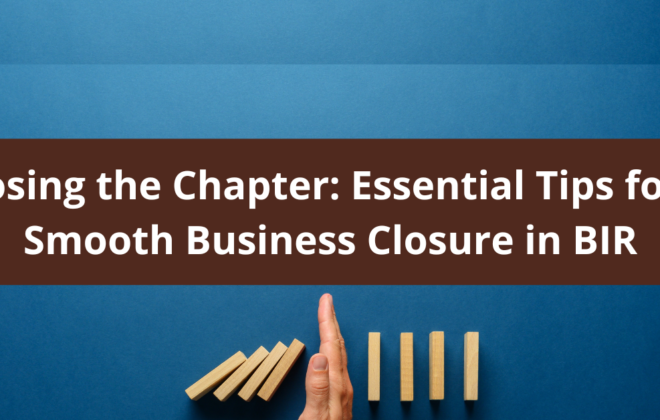Taxation of Online Services Pushed to Increase Tax Collection
After digital content creators and influencers, BIR is now looking at the possibility of taxing online services such as streaming platforms like Netflix, or Spotify to collect more revenues for the government.
The House of Representatives authorized House Bill 7425 seeking to expand the 12% VAT to the online sale of goods and services such as subscription services, online advertisements, and sale of other electronic and other online services such as mobile applications, marketplaces, licensing for software, webcasts and many others.
This is a proposed amendment to Section 108 of the National Internal Revenue Code where the following activities are considered examples of sale or exchange of services subject to VAT:
- Online advertisement services, provision for digital advertising space and any other facility or services for online advertisement from any resident or non-resident person;
- Digital services in exchange for a regular subscription fee to use the product offered by any resident or non-resident person;
- Electronic and online services that are available through an information technology platform such as the internet.
Value-Added Tax (VAT)
Under the existing VAT laws, VAT is imposed based on the place of performance of the service, not on the location of the buyer of service. Thus, only services performed within the Philippines are subject to VAT.
The new bill however, authorizes a non-resident digital service provider to assess, collect and remit the 12% VAT on transactions made through its digital platform.
Moreover, the digital service provider shall be responsible for selling goods or services through an online platform to a buyer who resides in the Philippines and acquires taxable services in the Philippines.
Digital Service Provider (DSP), and Buyer
The following terms are defined to address confusion and to have a uniform understanding of the new bill;
A digital service provider is someone who buys or sells digital services or goods to buyers by operating an online platform. This person could be any of the following:
- Sellers of goods and services on the internet or an intermediary between the supplier and the buyer of goods or services, such as a merchandiser or a retailer;
- Platform provider for online marketing purposes;
- Host online auctions;
- Supplier of digital services in exchange for subscription fee;
- Supplier of electronic and online services that is available on the internet.
On the other hand, a buyer is a resident or non-resident person who acquires taxable digital goods or services in the Philippines for personal or business consumption.
Meanwhile, a digital service refers to services available and subscribed over the internet, or similar electronic means, which can be accessed using the internet. The following are considered digital services:
- Licensing of software, updates, and add-ons, website filters, and firewalls;
- Mobile applications, video and online games;
- Webcasts and webinars;
- Provision of digital content such as music, files, images, text, and information;
- Advertisement platforms such as the provision of online advertising space on an intangible media platform;
- Online platforms such as electronic marketplaces or networks for the sale, display, and comparison of prices of trade products or services;
- Search engine services;
- Social networks;
- Database and hosting such as website hosting, online data warehousing, file sharing, and cloud storage services;
- Internet-based telecommunication;
- Online training such as the provision of distance teaching, e-learning
Non-Resident DSP
A non-resident DSP must register as a VAT taxpayer if the business’s gross sales or receipts exceed 3 million pesos or if the company foresees that its gross sales or receipts in the next 12 months will exceed three million pesos.
Moreover, a VAT-registered non-resident DSP may issue an electronic invoice or receipt for sales transactions. In contrast, a non-VAT-registered and non-resident DSP is subject to a 12% withholding tax.
Online Shopping
The health crisis in the Philippines has raised the preference of Filipinos for online shopping and other digital goods and services.
DSPs, both residents and non-residents, should prepare for the imposition of VAT on digital goods and services and the additional registration requirements.
Please note that the bill is still pending and yet to become a law. Until then, we’ll just have to wait.
Do you have concerns about VAT and other tax compliances?
We’d be happy to assist you. Just email us at info@djkaaccounting.com for more details.
Recent Posts
- How to Process the Sworn Declaration Required by BIR for Electronic Marketplace Sellers
- Understanding Tax Compliance for e-Marketplace Businesses
- Who Needs to Submit GIS to the SEC?
- Understanding these Financial Ratios for Business Decision-Making Purposes
- What you Should Know about the Ease of Paying Taxes Act





